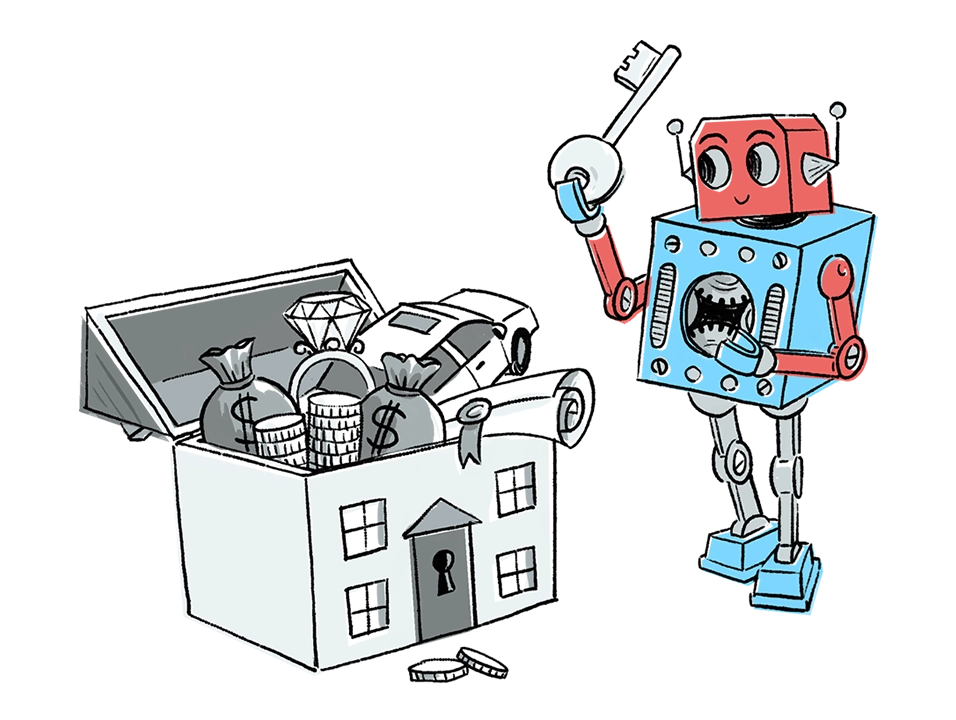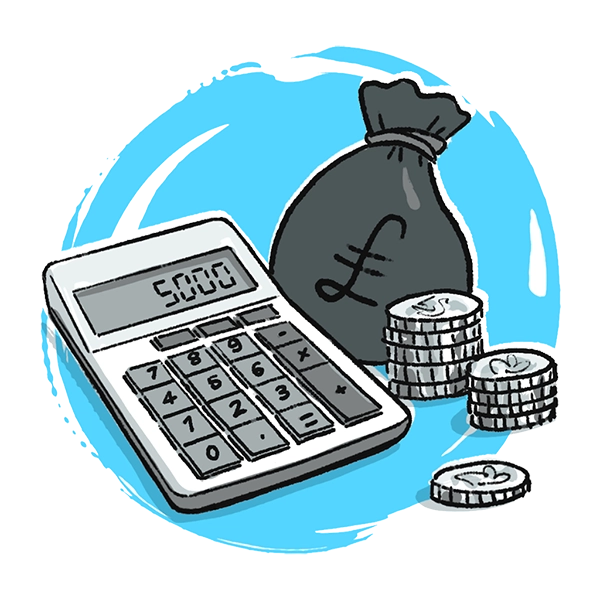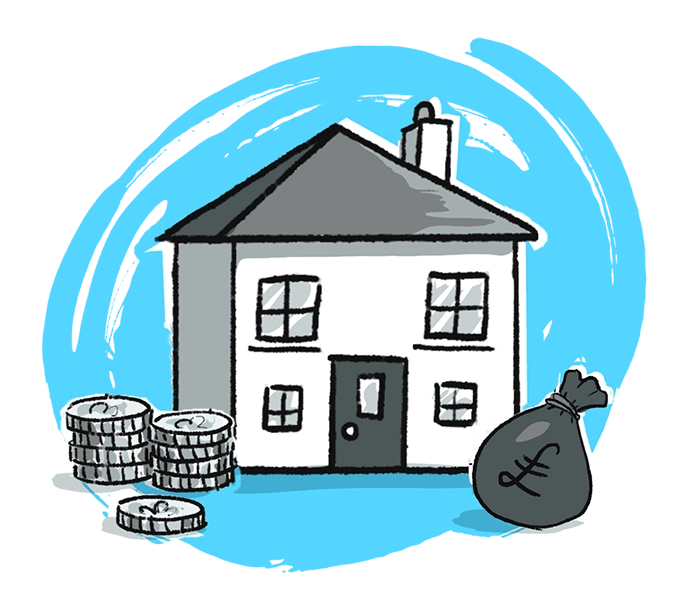Part 3
How to pay off debts if you are the executor or administrator
Two of the main responsibilities of an executor or administrator are arranging and holding a funeral and handling the probate process. Before you begin paying off debts, ensure you have set aside money for a funeral and for the probate application.
After this, you should start speaking to the relevant institutions and organisations who are owed money from your loved one’s estate. Each organisation can tell you exactly how much they are owed so that you can make a list of debts to pay off.
Before paying the debts, you should check whether your loved one had life insurance. You might find that their life insurance policies include full repayment of the mortgage, for example.
Next, you should apply for probate and begin administering the estate. This includes closing down bank accounts, collecting funds, and selling or transferring property. If you think you might need help with this step of the process, Kwil offers a grant-only probate service or full estate administration service that may interest you.
Finally, you can pay off any outstanding debts. As a rule, you should pay off mortgages and secured loans first, followed by priority debts such as council and income tax, and finally unsecured debts such as utility bills and credit card debts. You should ensure that all debts have been paid in full before you start transferring assets to the beneficiaries of the will.




